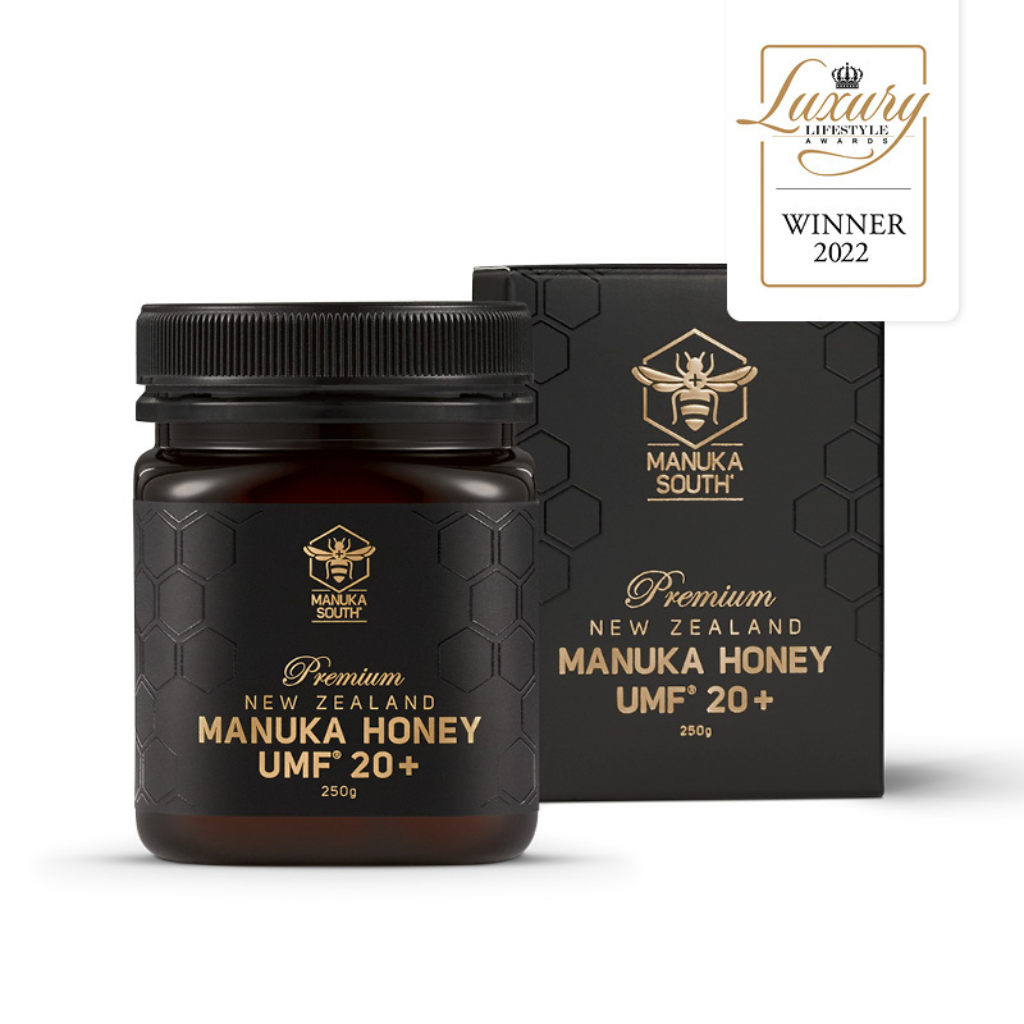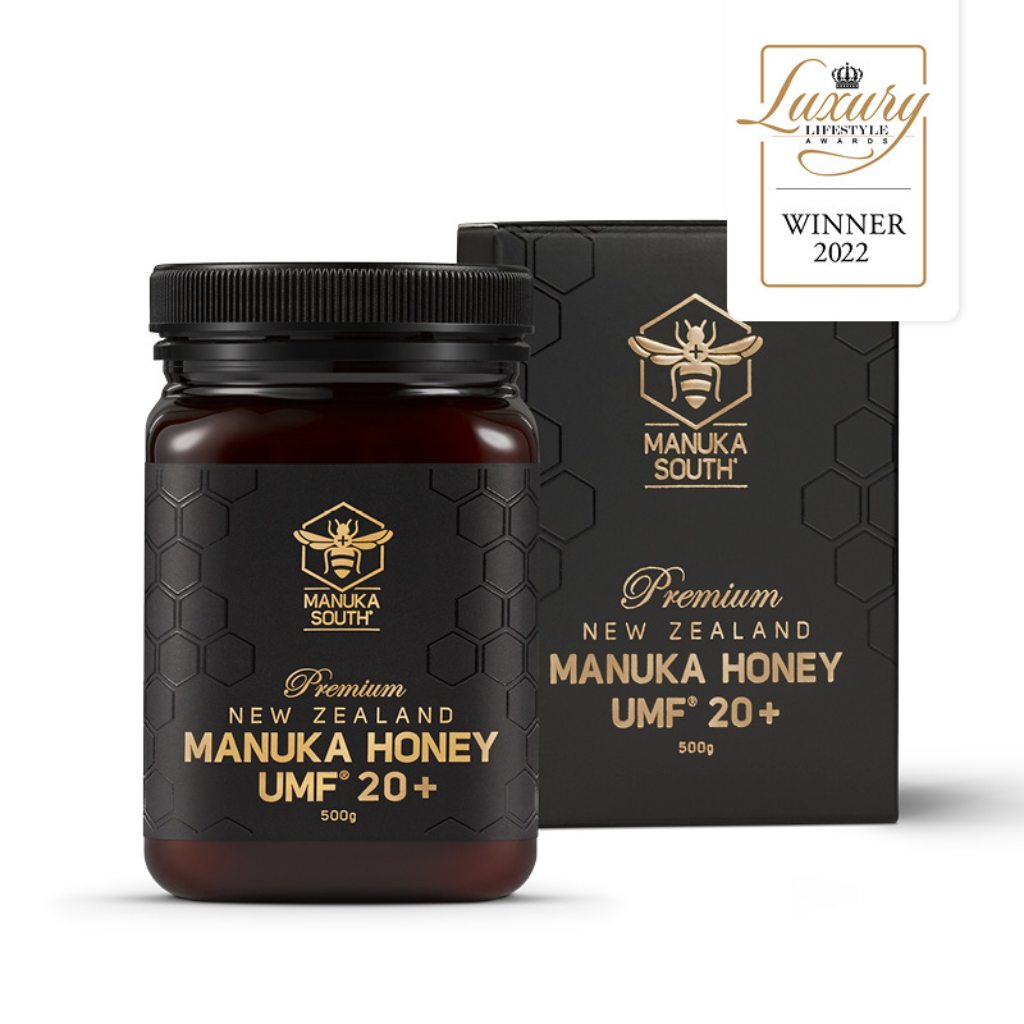Your Cart is Empty
Manuka Honey Research
In recent years scientists have begun to look into whether the traditional uses of honey have any merit in our current modern first aid kit. One of the discoveries they’ve made is that not all honey is created equal. Different honey has different properties depending on the flowers the bees harvest the nectar from.
And although the size and number of research studies are still small, there are good indications that New Zealand Mānuka Honey really is incredibly special.
For further information please check out our blog - Health Benefits of Manuka Honey
Manuka Honey and Wound Healing
الدليل والأساس المنطقي لاستخدام العسل كضمادة للجروح
"لم يعد العسل" بديلاً "أو" مكملاً "أكثر من التول غرا ، والخيوط الجراحية ، والضمادات الضاغطة المرنة ، والفضة ، والتي كانت مثل العسل تستخدم بشكل شائع في العناية بالجروح منذ حوالي قرن. ومثل الفضة ، فقد خرج العسل من الاستخدام الشائع عندما بدأ استخدام المضادات الحيوية في أوائل الأربعينيات من القرن الماضي ، ومثل الفضة عادت إلى الاستخدام الآن بعد أن أصبحت مشكلة المقاومة البكتيرية للمضادات الحيوية منتشرة على نطاق واسع. يجب أن توضح الأدلة السريرية والعلمية من الأبحاث الحديثة الموضحة في هذه المراجعة أنه ، في على الأقل في استعماله في العناية بالجروح ، ينبغي النظر إلى العسل جنبًا إلى جنب مع المستحضرات الصيدلانية الحديثة من حيث فعاليته وإجراءاته العلاجية ".
Effect of Manuka Honey on Eyelid Wound Healing: A Randomized Controlled Trial
This clinical trial looks at the outcomes of using "active" Manuka honey on eyelid surgical wound healing.
"Honey has been used to treat infected wounds for thousands of years but this is the first time it has been shown to be effective at fighting infection in cells from inside the body"
Dr Piergiorgio Gentile
Antibacterial Properties of Manuka Honey
Antibacterial potential of Manuka honey against three oral bacteria in vitro
Manuka is the common name of Leptospermum scoparium, a tea tree from New Zealand (Lusby et al. 2002). This non-peroxide antibacterial effect is caused by methylglyoxal, found in high doses in Manuka honey (Adams et al. 2008, Mavric et al. 2008). The level of non-peroxide activity in Manuka honey is referred to by a standard NPA (Non Peroxide Activity) value, also trademarked in New Zealand as UMF (“Unique Manuka Factor”).
Other Manuka Honey Research
Manuka Honey and Cancer Research
Despite the remarkable advances made over the past 50 years in understanding the basis of cancer development, and the increased availability of treatment modalities, cancer-related death toll remains one of the highest among chronic human diseases. A major concern for anti-cancer drugs is their potential toxicity. Considerable efforts continue to be exerted to identify naturally occurring compounds, or their principle active components, with potential to complement existing cancer therapeutic modalities. The current study highlights several novel findings regarding the utility of manuka honey as a potential anti-cancer agent.
Manuka Honey and Lung Conditions
UK researchers have discovered Manuka Honey can help soothe serious drug-resistant lung conditions.
For centuries, mānuka honey has been known for its antibacterial, anti-inflammatory and antioxidant properties.
Now UK researchers have discovered it can help soothe serious drug-resistant lung conditions.
When combined with antibiotics, natural mānuka honey can greatly reduce the suffering associated with Mycobacterium abscessus complex (MABC) - an environmental pathogen found in people with underlying respiratory conditions like cystic fibrosis and bronchiectasis.
Mycobacterium abscessus is extremely difficult to treat, microbiologist Dr Jonathan Cox tells Sunday Morning.








